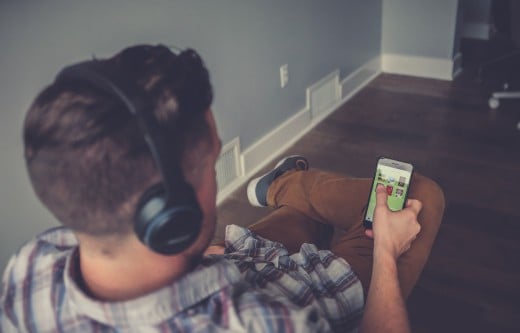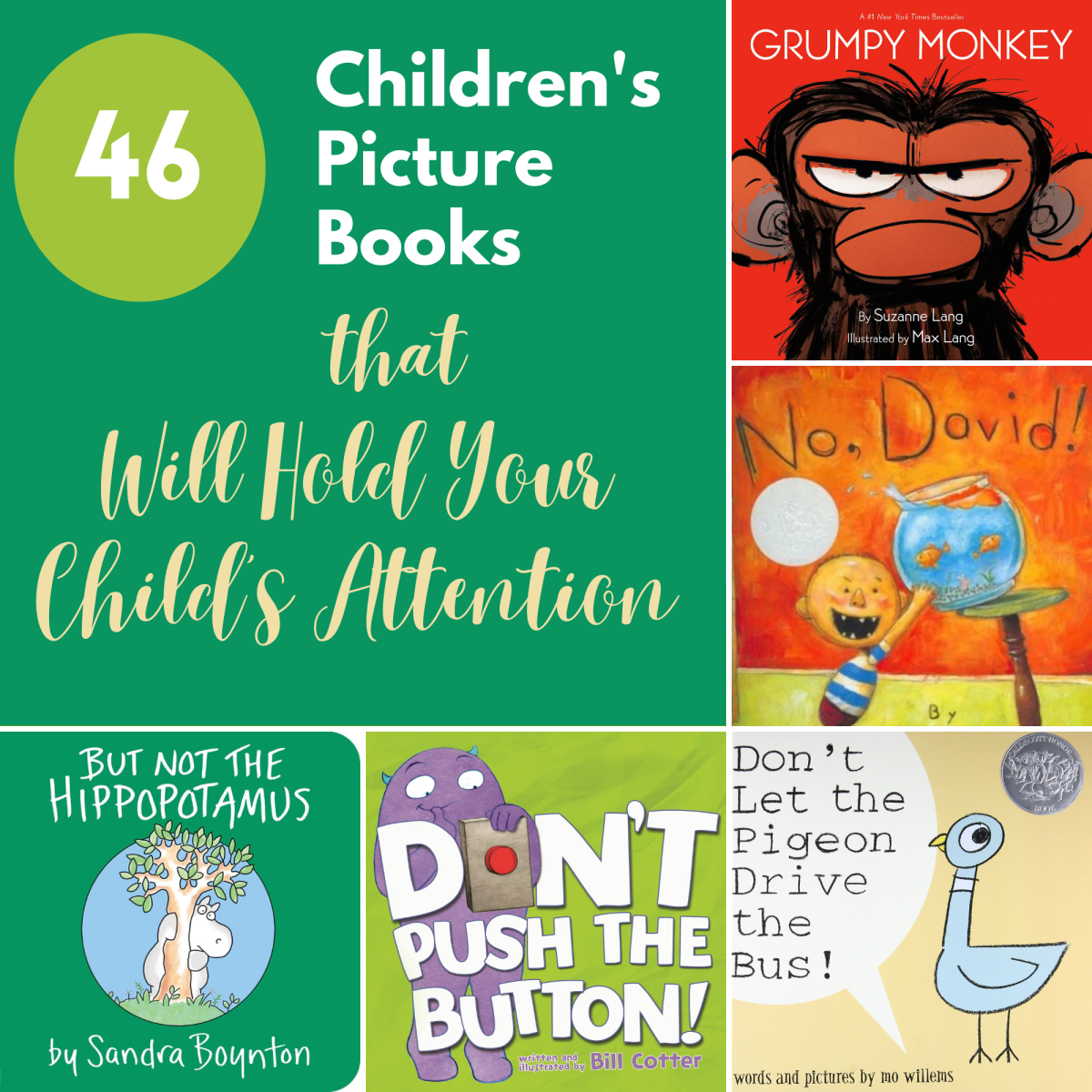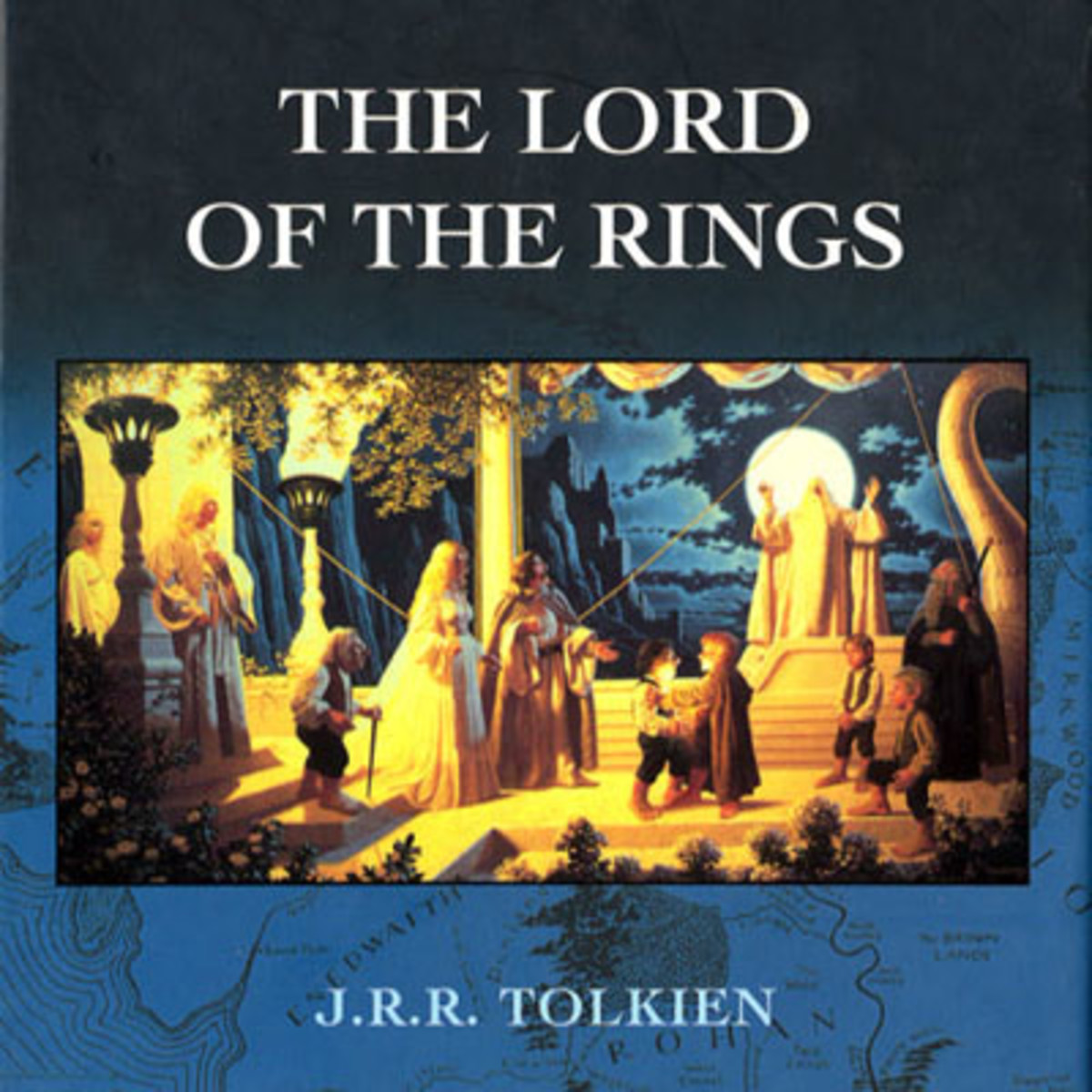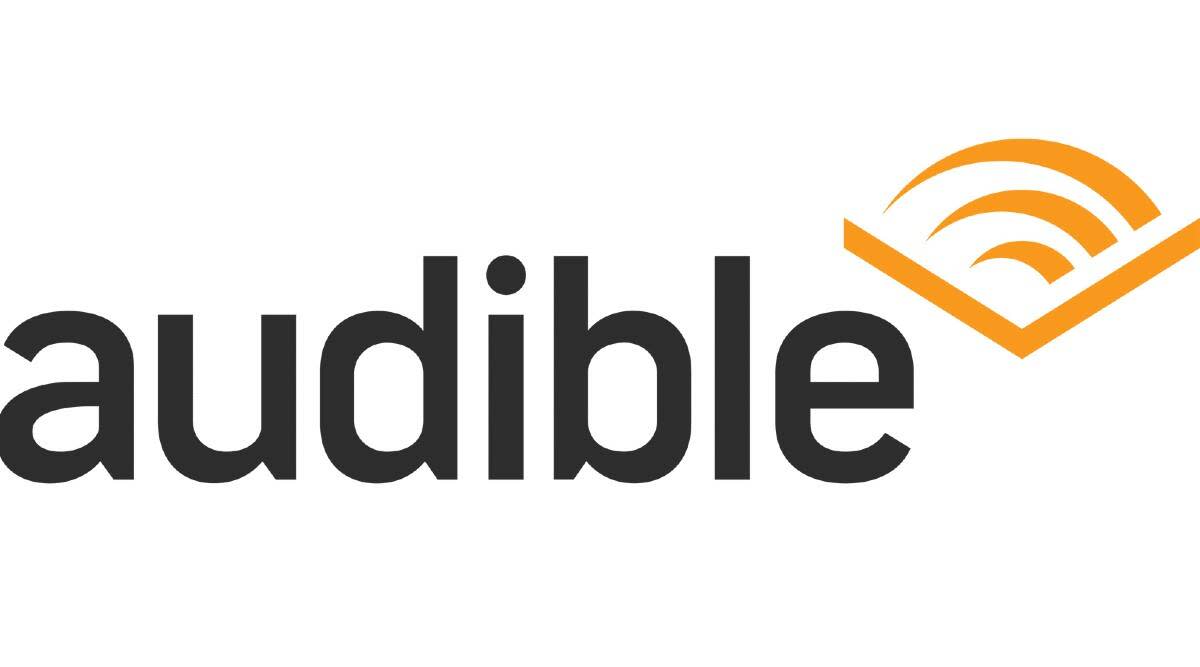Is Listening to a Book the Same as Reading It?

Audiobooks vs. Books
Aurdiobooks are becoming a popular alternative to reading a paper or digital format book. Unlike traditional books, audiobooks allow you to "read" while doing other things, such as commuting or working out on the treadmill. But is the experience of listening to a book equal to reading it?

Does Listening to a Book Count as Reading It?
If you are like most book lovers, you not only love to read as many books as possible, but you take pride in the number of books you read. If you read reasonably fast and devote at least an hour or so per day, it is quite possible to read a few books per week, even more if you are a fast reader or have a bit of time on your hands.
A few years ago I got into the habit of writing down the title of every book that I finished reading, and so now I have a list going back over ten years. It is interesting to see which books I have read. The truth is that in most cases I wouldn't even remember reading them if I had not written it down; most books just aren't that memorable.
But that isn't the main reason why I write down the titles of every book I read. The real reason is that I take pride in reading a lot. My list of books read allows me to gauge how I am doing: am I reading more or less than my average number of books per week? Have I reached an impressive total, or have I slacked off? It's a competition against myself, a sort of one man race through my book shelves of books that I still have not read.
"Sure, I mean, who cares really? Anybody who tells you otherwise is an insufferable, pedantic nerd." -- An opinionated Reddit User.
The Argument Against Audiobooks
Those who argue that listening to an audiobook does not "count" as reading it appeal to the dictionary definition of reading. To "read" is defined as:
to look at and comprehend the meaning of (written or printed matter) by mentally interpreting the characters or symbols of which it is composed.
By that criterion, no amount of listening to a book being read could ever qualify as reading it. After all, when you use your sense of hearing to receive the content of the book, you are not looking at the printed matter, your brain is not interpreting symbols. In short, you are not reading.
Proponents of the strict definition of reading point out that if you read War and Peace to a two year old, they cannot be said to have "read" the book.
In fact, the distinction between truly reading a book and merely listening to it becomes apparent when an illiterate person listens to an audiobook. We know that they cannot read, so how can we claim that they suddenly have read a book just because they listened to a recording of someone else reading the text. At best, it is a near-reading experience, but it does not actually measure up.
Reading in general, and reading books in particular, develops mental abilities. There is a reason that school children start with simple books and then progress to harder ones: learning to read involves a complex set of mental abilities which are simply not triggered when one listens to an audio book, even if the content is exactly the same, word for word as the written version. The visual processing of information and symbols involves a vastly different skill set than listening, just as listening to music on the radio is completely different than playing an instrument or singing.
Listening to a book is a passive activity, while reading involves a deeper engagement with the book. You can have an audiobook playing and zone out, barely hearing what is being said, but you cannot actually read the words on a page without engaging with them in order to understand what is written on the page, whether that page be made of paper or electrons on a Kindle reader.

Like many other book lovers I don't just read books, I listen to them. Audiobooks are a great way to put my commute to work to good use, and it's amazing how many audiobooks I can get through in the course of the year.
But the question is: should I include the audiobooks I listen to in my totals of books read? In other words, does listening to an audiobook the same as reading it, or are you essentially cheating and fudging the totals of books read? This is a weighty question among book lovers, pitting purists who consider audiobooks to be something less than reading, and those like me who have a more flexible definition of what it means to read a book.
In this article I will summarize the arguments for and against treating the act of listening to an audiobook as essentially the same as reading the book.

The Great Book Debate: Main Arguments Pro and Con
Listening Isn't Reading:
- If an illiterate listens to a book they haven't read it
- listening to a book is like watching movie adaptation. The medium changes the content of the book.
- Reading involves a completely different set of mental skills and cognitive abilities. Listening is a lazy half substitute to actually reading a book.
Listening to an AudioBook Counts as Reading It:
- What matters is the information delivered, not how it is ireceived. If you listen to a book all the way through, you've read it.
- As long as the recording is unabridged and has not been adapted into something different than the written version, an audio recording of someone reading the book to you is the same as having read the book.

The Argument that Listening to an Audiobook Counts as Reading a Book
Those who believe that listening to a book counts the same as reading it, have to adopt a less rigid definition of what it means to read a book. Obviously, if we stick to the dictionary definition that reading is visually interpreting symbols and decoding their meaning, then obviously listening to but not looking at the words of the author, cannot count.
However, if we look past the way in which the words of the author are conveyed to the reader, and focus instead on what is absorbed, then it is possible that both ways of "reading" are essentially the same.
We must of course start with the proposition that the audiobook must be an unabridged version of the original text, and must not have been dramatized or otherwise adapted in such a way that there is a marked departure from the written book. If the recording you are listening to is different from the text then obviously you have not read the book, in the same way that watching a movie adaptation of a book is a different animal all together than reading every page.
But getting back to the question: does listening to a book count as reading it when you are compiling your own personal list of books read?
In my view, yes. Although listening and visually reading the words on a page involve different mental muscles and senses, they both convey the same information. The key in my view is that as long as the recording is sufficiently faithful to the original hardcopy, you are receiving the words and meaning that the author wanted to convey. In fact, in some cases, listening to the book may give you a deeper understanding of the message and make it easier to remember what the author wrote.
There is no need to be a a snob or elitist when it comes to ranking the experience of reading books. Reading, or perhaps more accurately, experiencing a book by listening to it being read is often just as good or better than reading the words yourself.
And most importantly, if you count audiobooks you can seriously inflate your total number of books read and earn bragging rights with your fellow bibliophiles!

Do Audiobooks Count?
After listening to an audiobook, is it correct to say that i have "read" that book?
© 2016 Robert P








